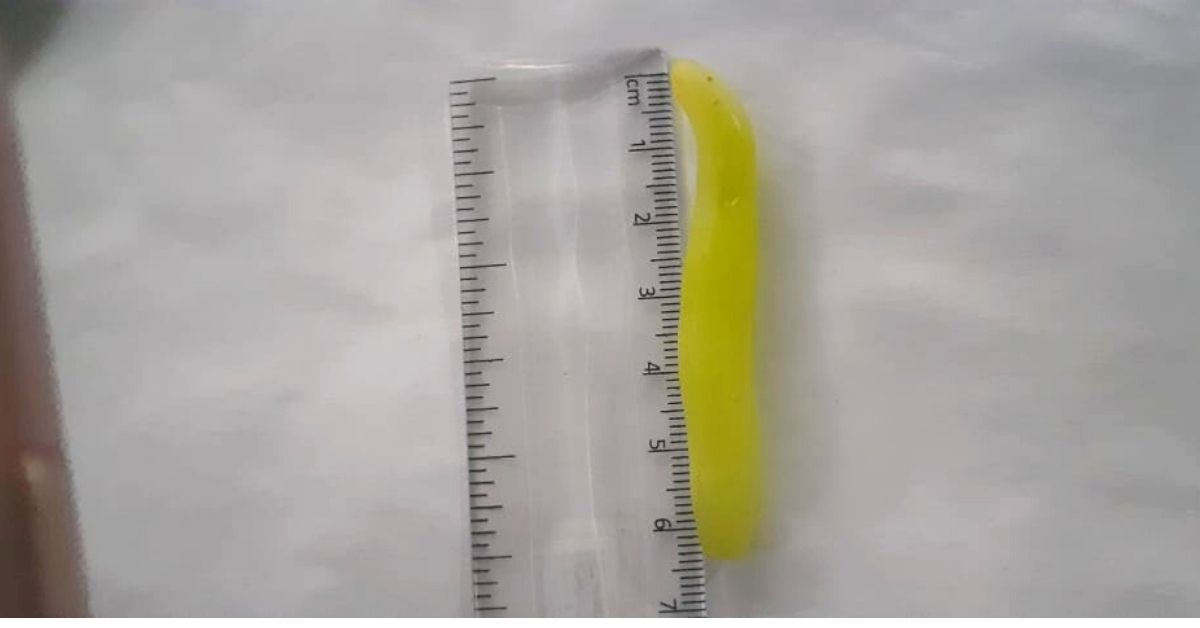On an afternoon in 2013, Vijay Desai, a grape farmer from Sangli in Maharashtra, was strolling through his vineyard. It was a routine check to monitor the health and growth of his produce. But something strange on one particular grapevine caught his eye.
The vine had branched out to fruit slightly elongated grapes as compared to the others in his vineyard. Initially, Vijay thought there was something wrong with the plant. However, a quick inspection proved otherwise. “The plant was healthy and it grew grapes like others in the premise, but it was only one branch that bothered me,” Vijay tells The Better India.
He adds, “I started farming in 1993, where I grew different varieties of grapes like Manikchand, Thamsal, Tas Ganesh, among others. But I had never seen grapes of such length.”
His curiosity and research led him to discover a new variety altogether, the name for which remains undisclosed as it awaits approval from the state agriculture department. The grapes grow 6 cm long and sell three times higher than the average price.
Speaking about his discovery, Vijay says that having an experience of growing all mainstream varieties, he thought there was something unique about these grapes. “I decided to cut it out and check if it grew into a sapling,” says the 48-year-old farmer who graduated in chemistry.
Curiosity leads to discovery

To experiment, he grafted out three saplings from the vine. They continued to grow in the same fashion. “I experimented with them for three years and realised that it is a new variety of grapes altogether. Further, I grew 250 additional saplings on my 1.5-acre land. But it was the grape’s characteristics that amused me. They tasted sweet, were juicier and were longer than the average size. The grapes also had better resistance to infestation. The leaves of the plant were also bigger than the other varieties,” he says, adding that the grapes had a longer shelf-life as well.
Feeling confident about the produce, Vijay extended the plantation on his remaining 2-acre land. “I received the first harvest of 20 tonnes in 2020-21 and then exported a consignment to Bangladesh. They were accepted in the market and became a hit. The superior quality grapes saw appreciation from the neighbouring markets in the district,” he says.
On average, a 4 kilo box of grapes is sold between Rs 100 and Rs 150. However, Vijay earned Rs 500 per box.
Khamar Shaikh, a vendor from Karnataka, says, “The grapes are unique. Moreover, as only one farmer is growing them, they are limited. These two factors increase their demand and rates in the market. The grapes also smell good.”
Khamar recalls a similar experience a few years ago. “When the Super Sona grape variety was new in the market, I sold them at a premium of Rs 311 per box,” he adds.
Through the grapevine

Vijay says he is awaiting a patent for the new grape variety. “I applied for a patent in 2019 with ICAR-National Research Centre for Grapes (NRCG) and I am undergoing necessary processes. The agriculture department has also taken saplings to cultivate them in different geographic conditions. Tests on its nutritional values are also underway. I am expecting the patent in a couple of months,” he adds.
The farmer says that his youngest brother supported him through the research by reaching out to experts and assisting in growing the vines. “There were no challenges as it required the same stimulus to grow like any other variety. But it took extra efforts to study and understand their growing pattern and monitor it for infestation and other possible issues,” Vijay adds.
Vijay says that he plans to commercialise the variety and sell it to other farmers once he bags the patent. “I am in talks with hundreds of farmers via WhatsApp who want the new grape variety. The long grapes have a high demand in the market for their visual appeal, among other factors. About 40 per cent of grapes exported to Bangladesh are long. This is perhaps why it fetches more returns,” he adds.
Edited by Yoshita Rao
No comments:
Post a Comment